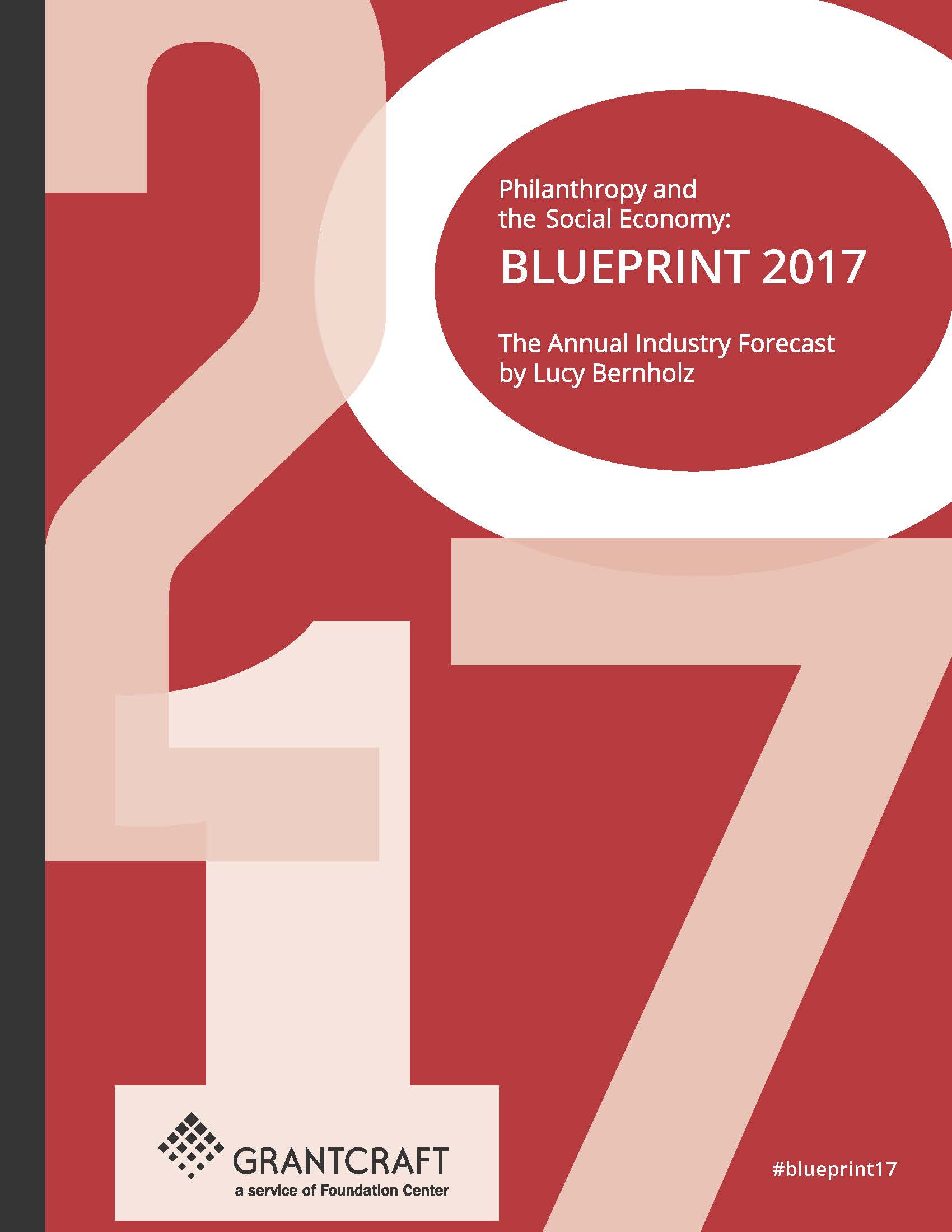Respecting Legacy: A Podcast and Personal Take
Here’s the second episode of our podcast series Shaping the Future of Philanthropy: Voices from Next Gen Donors. Give it a listen and read Zach Whitten’s related story of why he values his philanthropic involvement.
I'm twenty years old and grew up in Beverly, Massachusetts. I now attend Christopher Newport University in Newport News, Virginia and I am studying Computer Science. I am a member of the Lumpkin Family Foundation and have been involved in some form of its philanthropic efforts for the past decade. My main area of involvement is the Next Generation Education Fund. This is a small component of the foundation founded three years ago by several of my cousins, who are close to me in age, and me. We manage the Fund, which accepts grant applications from organizations whose mission is education enrichment. We founded this program because we wanted to become more involved with grantmaking before we were old enough to be voting members on the Lumpkin Foundation adult board. I also participate in the foundation by attending site visits of grantee organizations, and by participating in board room conversations with the adult board.
Philanthropy excites me because I get to see the impact a grant can have on an organization and how it can make a positive impact upon our world. Being involved with the foundation is an opportunity for me to make a difference by influencing the adult board’s viewpoint and by helping to determine where funds go through the Next Generation Education Fund. Knowing that I can make a positive impact upon people’s lives makes philanthropy a significant and meaningful part of my life.
I believe it is important to have the voices of youth at the funding table for two distinct reasons. The first is that involving youth gets us involved with philanthropy. Having been involved with philanthropy since I was 10 years old, I grew up understanding its value. Learning the value of philanthropy is extremely important because it gives a strong motivation for us to stay involved with philanthropy as we become college students and then graduates with considerably less free time for extra commitments beyond classwork and starting a career. Personally, between taking six classes, being the technical director for the university radio station, and leading my sketch comedy group, I do not feel I have the time to be involved with anything more; had I not been involved with philanthropy before college, I doubt that I would choose to additionally commit my time in this way now. I also believe that bringing youth voices to the funding table brings knowledge, perspectives, and understanding that is unique to youth. For example, when the Lumpkin Foundation was deciding whether to give a grant to an Internet radio project designed to reach youth, I was able to share knowledge from my personal, current experience of helping to run my university’s Internet radio station. This brings a new level of depth and richness to the conversation and only improves the grantmaking process. It is for these reasons that engaging youth makes for better philanthropy and greatly benefits both youth and adults alike. I feel lucky to be a part of it.
This podcast and blog post are part of our ongoing series Shaping the Future of Philanthropy: Voices from Next Gen Donors.



